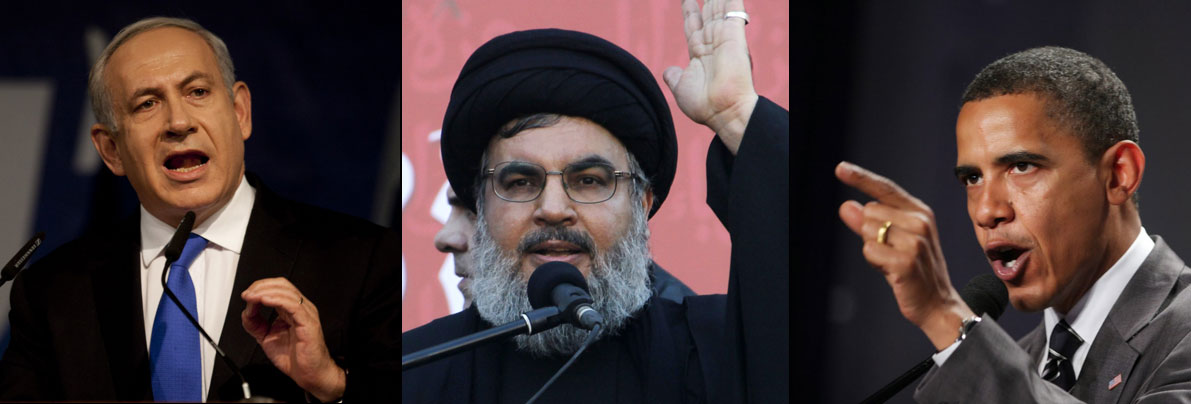An excerpt from, "Israel's Kill List" by Ronen Bergman, Foreign Policy, December 4:
"Hezbollah was quick to point the finger at Israel; Israel was quick to deny the attack. If indeed the assassins belong to some elite intelligence organization, by now they are most likely to be out of Lebanon, away from Hezbollah's grasp. But this tactical success -- if you can call it that -- is not necessarily a strategic one in the Middle Eastern political arena.An excerpt from, "Previous assassination attempts on Hassan Laqqis by Israel: tell the correspondents of the New York Times and WP who are obsessed with absolving Israel" by the Angry Arab, December 6:
To play assassin is to challenge history outright. Some hit jobs proved effective in changing reality, but not all changed it in the manner the perpetrators had hoped for. Take the 1992 assassination of Hezbollah Secretary-General Abbas al-Musawi. Retaliation attacks on Israeli and Jewish targets after his death cost dozens of lives, and the more radical and more effective Hassan Nasrallah took over as the organization's leader."
It has been quite illustrative how the Beirut offices of the New York Times and the Washington Post proved this week, yet again, that they are mere propaganda outlets for the pro-Saudi March 14 groups in Lebanon. In writing about the assassination of Hassan Laqqis, they simply regurgitated the rumors and lies of Hariri press office. They were so keen on absolving Israel of responsibility, forgetting that none of the Syrian Jihadi or non-Jihadi groups have ever heard of Laqqis, and that his work was so secretive that only the US and Israel knew of him, among the enemies of Hizbullah. Now, the Israeli press have all but confirmed Israeli responsibility. How foolish do those correspondents feel?Assassination of senior political and military figures is an extreme and desperate action that pays immediate dividends for the perpetrators, but in the long view of history, especially when this policy is used against an organization that sees itself engaged in both a popular and religious struggle, it is ineffective and counter-productive. It has destructive political effects.
But, outside of the political arena, this is a victory for Israel. Mossad's hit squads are the most deadly in the world. Make no doubt, this is a military defeat for Hezbollah. Losing one of its brightest military strategists is a big psychological blow.
So, this latest assassination is both a hit and a miss for Israel. But since Israel cares very little about world public opinion, as well as public opinion in Lebanon and the Muslim world, it obviously believes this was mostly a successful hit. Israel has never cared about the political consequences of its actions, and it's not going to start now. It believes it has right on its side, and that's all there is to it.
What does Israel hope to achieve by pursuing this fiercely militaristic strategy against Hezbollah, the Palestinians, and its other neighbours? If they kill Hezbollah's current leader, another will rise. If they kill that one, another will follow. And on and on. This is not exactly sustainable or smart. At a certain point, Israel must swallow its national ego and learn to live alongside its Arab and Muslim neighbours, and vice versa.
